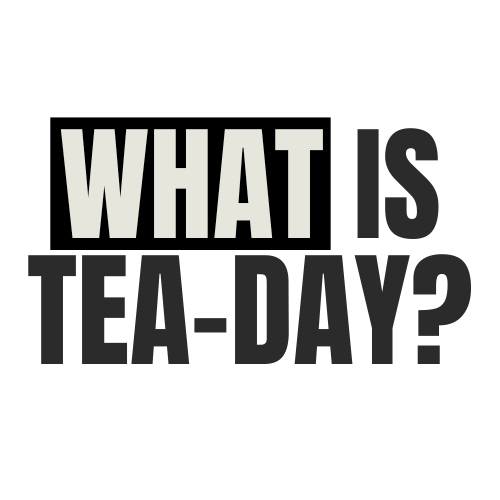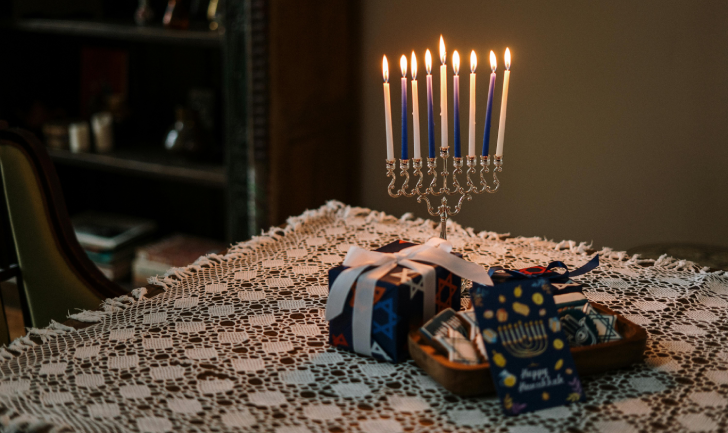Hanukkah
Hanukkah, also known as the Festival of Lights, is an eight-day Jewish holiday that commemorates the rededication of the Second Temple in Jerusalem during the 2nd century BCE. The holiday celebrates the miracle of a small amount of oil, enough for one day, lasting for eight days in the Temple’s menorah after its purification. Hanukkah typically involves lighting the menorah each night, eating foods fried in oil (like latkes and sufganiyot), playing dreidel games, and giving gifts. The dates vary each year based on the Hebrew calendar, starting on the 25th of Kislev.

Hanukkah originated from events in 2nd century BCE Judea, when the Seleucid king Antiochus IV outlawed Judaism and desecrated the Second Temple in Jerusalem. A Jewish revolt led by the Maccabees reclaimed the Temple. Upon rededicating it, they found only a small amount of consecrated oil to light the menorah. Miraculously, the oil burned for eight days, inspiring the holiday’s duration. Hanukkah celebrates religious freedom, resilience, and divine intervention, marked by lighting menorah candles, eating oil-based foods, and commemorating Jewish heritage.


